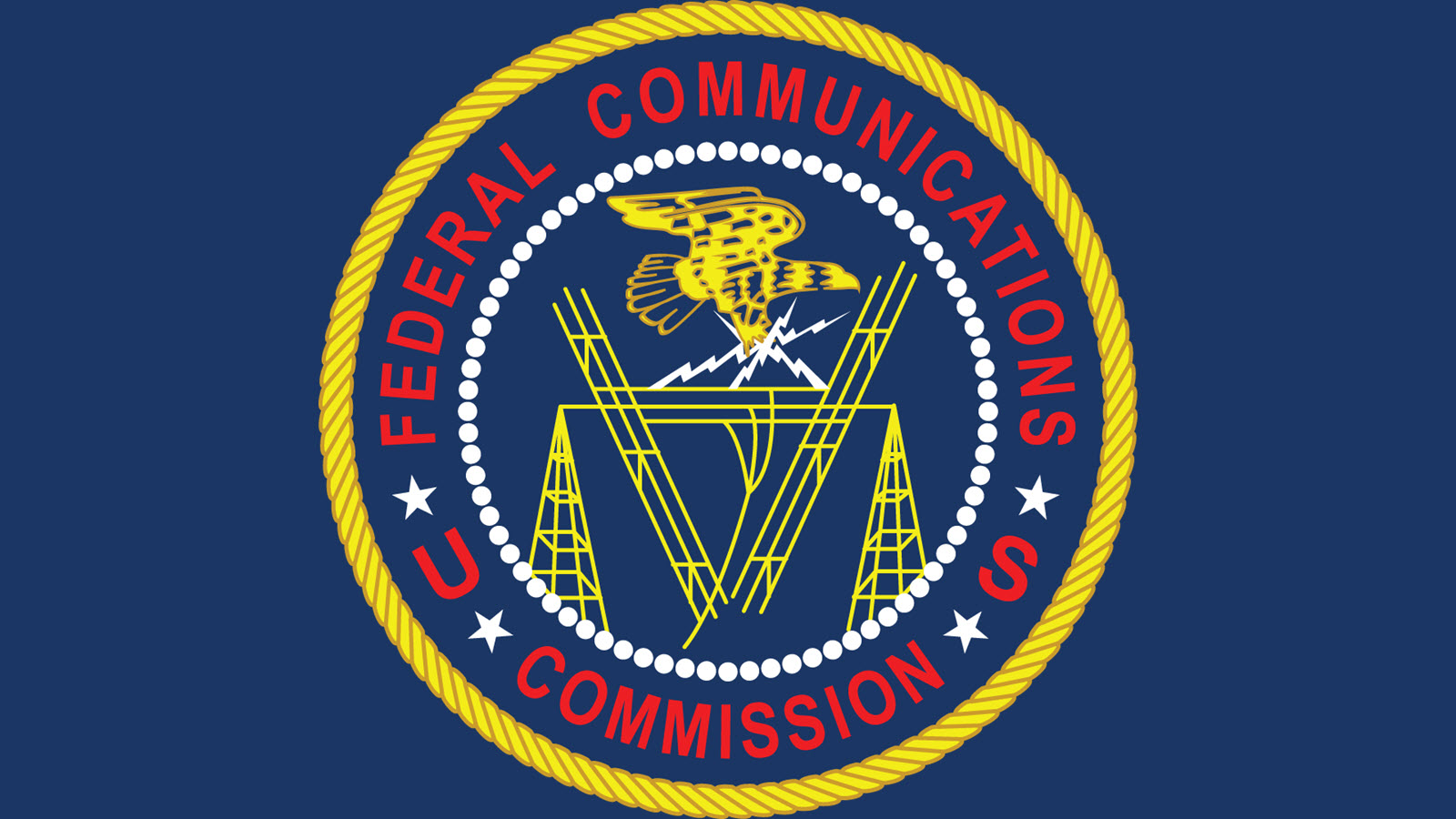FCC: Dish Has Incentive, Ability to Be Wireless Competitor

The smarter way to stay on top of broadcasting and cable industry. Sign up below
You are now subscribed
Your newsletter sign-up was successful
FCC officials speaking on background say they are confident Dish can and will be a vigorous competitor in facilities based wireless in the wake of the spin-off of Boost Mobile and spectrum in the T-Mobile-Sprint deal.
That came in a briefing on the FCC's next steps now that Justice has submitted the settlement to the courts. One step was Dish's filing with the FCC of its request for extended build-out deadlines in exchange for building out the new wireless network DOJ envisioned.
Related: DOJ Says OK to T-Mobile-Sprint
The FCC will have to adjust its proposed order approving the deal in light of the settlement, then circulate it to the other commissioners. One official signaled they thought the deal could be approved before the FCC's late September meeting.
The officials said they thought it was in the public interest to extend Dish's buildout requirements for some of its current spectrum--from March 2020 to June 2023--as it builds out its new wireless network, for which there are separate buildout commitments and conditions. It will deal roll that request into the merger order since they are inextricably linked.
In the meantime, Dish will enter into a wholesale leasing arrangement with T-Mobile on terms the FCC says must be better than any T-Mobile currently has, and will insure that it will be a legitimate competitor in the near term--using T-Mobile's network--before it lights up its own network.
Dish has agreed to numerous conditions, they said, that will insure it has the incentive and opportunity to be the fourth wireless competitor DOJ sought to create in the settlement.
The smarter way to stay on top of broadcasting and cable industry. Sign up below
The officials said that giving Dish a break on billions in designated entity credits it had to forfeit in the AWS3 auction was never part of the discussions.
In exchange for giving Dish an extension of its current spectrum buildout deadlines, the FCC says it has gotten a definition of 5G that will now allow narrowband service for an internet of things (IOT) network to qualify, so it will have to be a consumer 5G service.
There are also "aggressive" wireless network deployment commitments, detailed FCC monitoring, and "serious" consequences if Dish fails on its commitment, including potential multibillion-dollar payments and forfeiture of the spectrum.
They said there were not plans to put the T-Mobile-Sprint merger agreement, which will have to be adjusted per the DOJ settlement, out for comment, as commissioner Jessica Rosenworcel had said it needed to. They said there is a comment period (60 days) for the DOJ settlement filing with the court, and that was the right venue for such comment.
Contributing editor John Eggerton has been an editor and/or writer on media regulation, legislation and policy for over four decades, including covering the FCC, FTC, Congress, the major media trade associations, and the federal courts. In addition to Multichannel News and Broadcasting + Cable, his work has appeared in Radio World, TV Technology, TV Fax, This Week in Consumer Electronics, Variety and the Encyclopedia Britannica.

